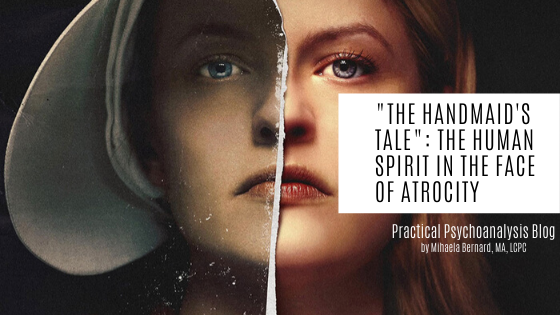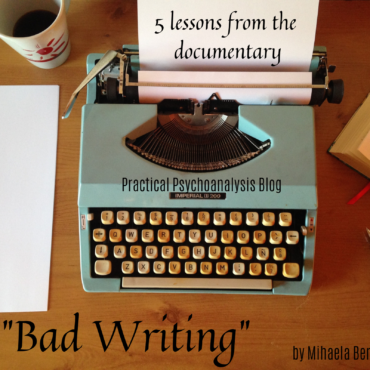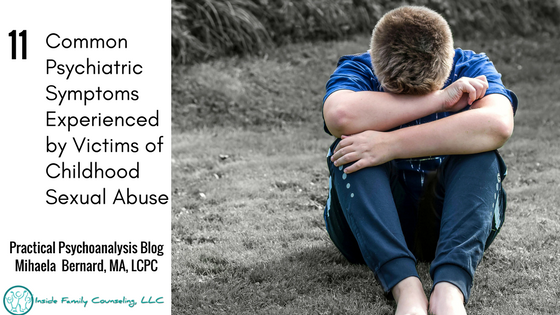I heard about the Handmaid’s Tale when it first came out on Hulu last year from my neighbors and friends. At first, it sounded too dark and dramatic to watch so I avoided seeing it for just about a year. When people continued talking about the series and one of you even recommended that I see it , I decided to take the plunge. Needless to say, I ended up obsessing over it, caught up on all the seasons and am now reading the book. In this blog post, I want to talk about the strength of the human spirit in the face of atrocities and will briefly touch on the question of suicide as an ethical choice of the human subject when faced with the unthinkable.
First off, in the introduction to the book, the author, Margaret Atwood, explains that she attempted to portray atrocities that she has either witnessed, experienced or read about and that have actually happened in the course of human history. When she was writing the book, she lived in West Berlin before the fall of the Berlin Wall. She writes, “During my visits to several countries behind the Iron Curtain – Czechoslovakia, East Germany – I experienced the wariness, the feeling of being spied on, the silences, the changes of subject, the oblique ways in which people might convey information, and these had an influence on what I was writing… I knew that established orders can vanish overnight. Change could be as fast as lightening.” The image of the wall in the show that serves to terrify the citizens by displaying the bodies of hanged “criminals” seems to reflect her own experiences and impressions of the communist regime. It is scary to think that what is being portrayed in the show and in the book represents realities that existed throughout history.
We are confronted with pure violence and sadism in the human that is ugly and painful to watch, all made justifiable through a skewed interpretation of “the word of the Lord” – women are treated as live incubators for babies and there is a complete disregard for the connection between mother and her baby in utero and postpartum. Women are not allowed to read or write – the punishment for reading is cutting a finger off. “It used to be the hand,” Commander Lawrence declares in the second season with an air of pain and regret for having participated in the creation of this world. Sadly, some women continue to be treated in similar ways today and fear continues to be used as a way to propel twisted political and ideological agendas.
In “The Handmaid’s Tale”, suicide becomes a preferred option to many, who refuse to subject themselves to rape, torture and brain washing. In the first season, Offred learns that the handmaid before her chose death and freedom of her soul over life and imprisonment of her body. Janine, another handmaid, who successfully produced a healthy baby, also attempts to kill herself instead of being a slave in the dystopian world of female subjugation in Gilead. Having the control to take your own life becomes an ethical choice and a statement of rebellion against the new regime and we see many of the women struggle with their sanity as the show unfolds.
Yet, what I want to stress here and what I find admirable in many of my patients as well is the opposite decision – the decision to stay alive and fight against the regime, fight for the freedom of the spirit and the insistence on being something other than a sexual object. This is not a problem for the handmaid’s of the series alone. This is a problem for many men, women, and children, who have found themselves in the position of being objectified by others and BELIEVING that they are just that, objects of another’s perverse pleasure or immoral intent.
In psychoanalysis, we make space for the subject, who rebels against such objectification. We support the human spirit through its expression in creation, be it the creation of another human or the creation of something humane. In the series, being left with little hope of finding her daughter, June begins a fight for the next generation as a whole and pledges to get as many children out of Gilead as she can. I believe that we are about to witness the strength of the human spirit when all the Martas and Handmaids unite in their efforts under June’s leadership. The show makes us think about the different ways that people face atrocities. It exposes different strategies that people utilize to survive and the stories they tell themselves to stay alive. What is clear is that a single person can do a lot of damage alone but it takes many working together to reverse the consequences.









